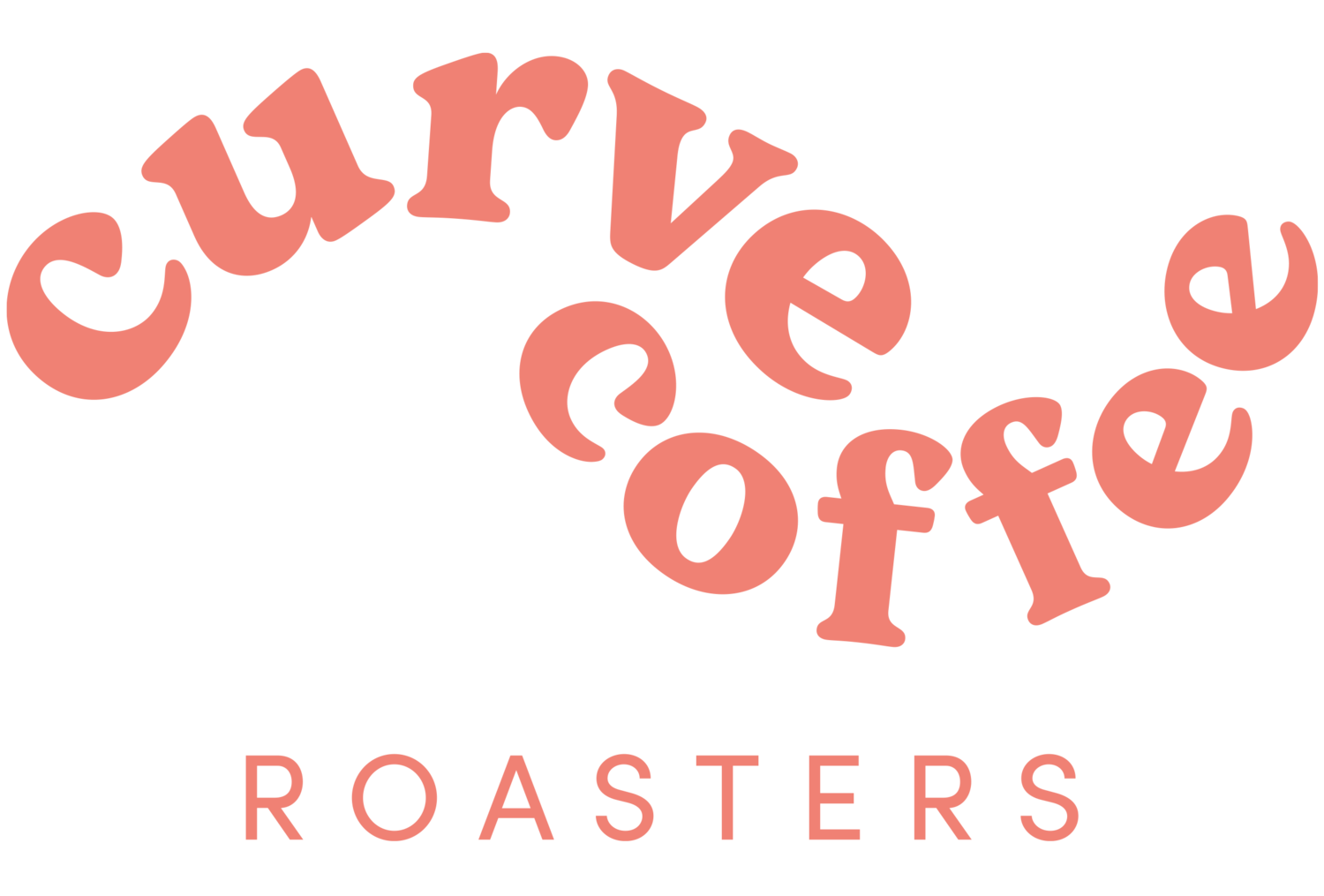Feature Espresso: Kennisa | Ethiopia
Key origin info:
Producer: Small-holder grower members of the Kennisa Cooperative in the Jimma Zone
Processed at: Kennisa washing station
Region: Jimma, Oromia
Altitude: around 2000 masl
Variety: Local cultivated landrace varieties
Process: Washed & sun-dried on raised beds
Exporter: Kata Muduga | Importer: Falcon Speciality
Cup profile: Juicy body, tangerines & honeysuckle
More about Kennisa & Kata Muduga Farmers’ Union:
This coffee has been cultivated and harvested by small holder farmers of the Kennisa Cooperative in the Gomma area of Jimma Zone in Oromia region. The Kennisa cooperative is a newer coffee washing station with the nearby "town" Oma Fentule sitting at 2,100 masl. "Kennisa" is the Oromifa word for "bee". The coop currently has 305 members and recently joined the Kata Muduga farmer's cooperative union, which includes many notable coops including Duromina, Nano Challa, or Yukro.
The member farmers who sell their cherries to the Cooperative often have as few as several hundred coffee trees around their homes, and perhaps have up to a single hectare at most. During harvest, the women of the households often do the picking. Generally there is a culture of picking at peak ripeness, which is further encouraged by the cooperative’s cherry buyers. On the day of picking the cherries are de-pulped cleaned using an eco-pulper and washed. The coffee in parchment is then placed on raised beds were it is gently dried, shaded during the hottest parts of the day and moved frequently by hand.
Once dried, and only after the purchase contract is in place, the coffee is transported to the capital Addis Ababa, where is it prepared for export. This involves using modern equipment that helps to remove the parchment layer, sort the coffee by density and size, and remove defect like black or moldy beans.
The coffee is exported by Kata Muduga Union which is a an mbrella organization for Cooperatives in the Jimma Area and provides marketing and administrative services to them. The Union sells and exports the Cooperatives’ coffees on their behalf. However, Kata Muduga doesn't take position on the coffees and sells them under its own name but rather acts as a sales agent. We decided to work with Kata Muduga because of the great potential of the Limu area but also because of its self-understanding as a transparently working service provider. 90% of the final FOB price is returned to the producer. 5% are linked to actual transport and warehousing costs and 5% cover the operational costs of Kata Muduga.
This is the first time we’ve purchased a coffee from the Kennisa cooperative and also the first time in a few years we are roasting a washed Ethiopian coffee for espresso. And we couldn’t be more excited! It’s the perfect summer espresso full of juicy floral notes reminding us of tangerines and honey. We like it best as straight up espresso or a long black but it’ll make a classy, delicate and sweet small milk drink too.


